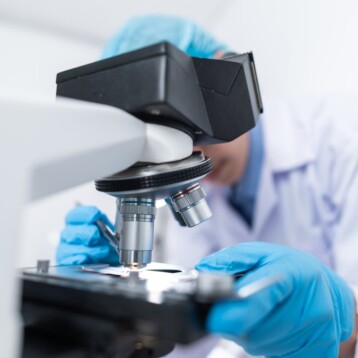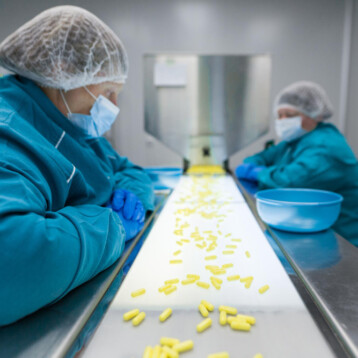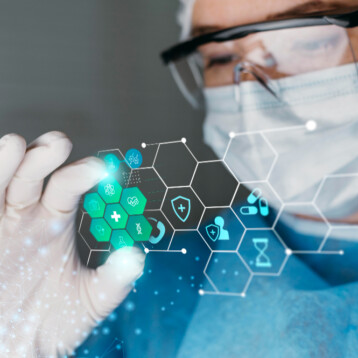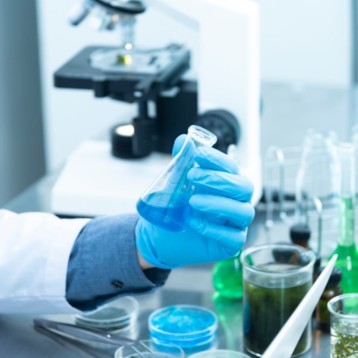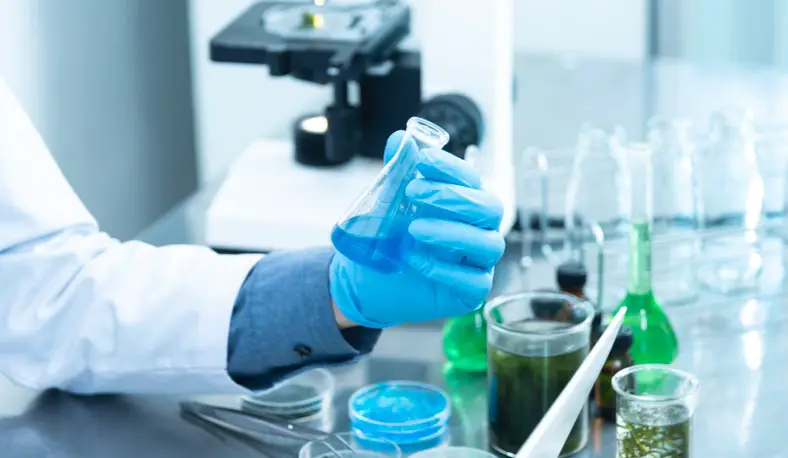
Photo by Chokniti Khongchum from Pexels
A forecast is taking an educated guess on how past patterns will shape the future. When forecasting the future of medicine, astounding innovations suggest the advent of an age of medical miracles.
In the future, we can expect new cancer treatments and the prevention of genetic diseases, and many other life-changing therapies. We can also expect that will create far less terror in patients because dentists will set aside their injections and drill for tooth cavities because they will know how to organically rebuild teeth.
New Cancer Treatments
Proton beam therapy. liquid biopsies and immunotherapy will save countless lives of patients diagnosed with cancer.
First, proton beam therapy will destroy tumors. This treatment delivers particles to cancerous tumors through a machine that uses a pencil beam scanning technology.
Next, liquid biopsies will replace invasive biopsies. Since early cancer detection improves a patient’s chances of recovery or remission, doctors rely on biopsies for faster, more reliable diagnoses. Now, medical researchers at the John Hopkins School of Medicine have developed a blood test that can screen for certain types of cancers by identifying specific DNA biomarkers and proteins.
Finally, cancer immunotherapy will use the body’s own immune system to heal cancer. This cancer treatment engineers a person’s T-cells to target cancer cells, recognizing them by their biomarkers.
Traditional cancer treatments like chemotherapy and radiation therapy cause iatrogenic side effects like infertility, lymphedema, brain damage, nausea, diabetes, hemolytic anemia, or hair loss, but using the body’s own immune system causes no harm. Before they were engineered in the lab to become biological super soldiers, a patient’s T-cells would be overwhelmed by teeming cancer cells. They always lost the battle.
Research on these three cancer-fighting therapies still has a long way, but the results so far look promising.
Prevention of Genetic Diseases
Genetic traits pass through families in distinct patterns. A gene is a segment of deoxyribonucleic acid (DNA) that carries instructions on how specific proteins should function in cells. Packaged into chromosomes, genes reside in the nucleus of cells. Although this mechanism of passing down genes to offspring works flawlessly most of the time, on rare occasions parents can pass down copies of mutated genes. For instance, in a rare genetic disease called cat eye syndrome, a person inherits a genetic defect in chromosome 22. Since the gene is malfunctioning, not giving the body’s intelligence the right information on how a specific protein should function, a cascade of unusual symptoms appear, such as congenital heart defects, wide-set eyes, and abnormal ribs.
Modern medicine cannot cure genetic diseases because genetic changes are present in every cell of the body and influence many biological systems. So, the best doctors can do is to provide treatments that manage some symptoms. However, scientists have now discovered an unusual workaround idea: editing mutations in the genes of embryos. One day, gene editing technology may give scientists the ability to rewrite DNA to prevent the transmission of rare genetic diseases.
No More Cavities
Tooth repair often involves drilling into a cavity to fill it. In the future, this routine practice may become obsolete. Researchers have found a drug that stimulates the growth of stem cells in teeth to create dentine, an essential tooth mineral that gets eroded when someone has a tooth decay. This drug called tideglusib is currently used for patients with Alzheimer’s. However, it has now been shown to organically rebuild dentine. The day is fast approaching when the idea of getting a cavity filling will be considered a rather barbaric way to repair teeth.
Although the future is always unpredictable, these medical discoveries suggest emerging trends in medicine that will transform healthcare as we know it. Many of the illnesses we consider incurable today may be ingeniously healed tomorrow.


